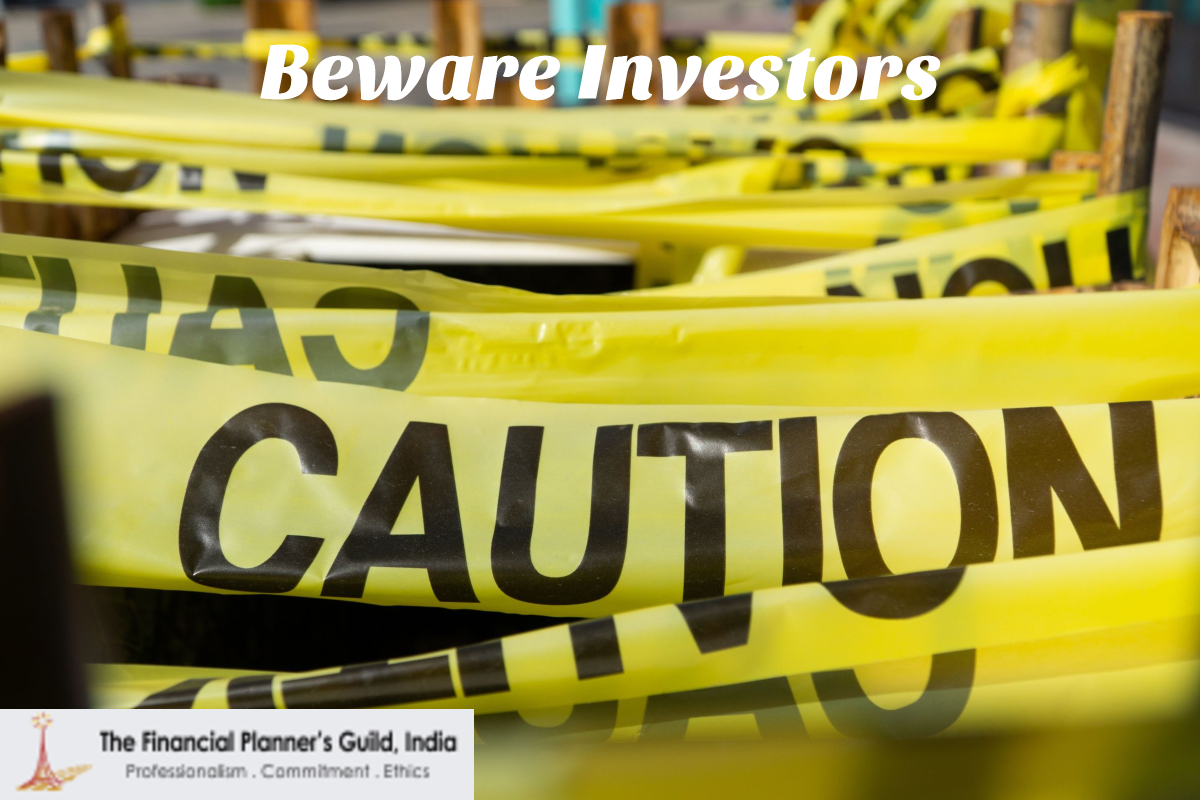
A Ponzi scheme is a fraudulent investment operation that pays returns to its investors from their own money or the money paid by subsequent investors, rather than from profit earned by the individual or organization running the operation. The scheme is named after Charles Ponzi, who became notorious for using the technique in 1920 in the USA.
The Ponzi scheme usually entices investors by promising higher returns than other investments, that too in the short-term. Perpetuation of the high returns requires an ever-increasing flow of money from new investors to keep the scheme going. Besides it spreads the message by word of mouth publicity, is seldom transparent and it comes from people who are unknown.
History is full of examples of investors interested in making quick bucks and it is not restricted to something that we always say “It happens only in India”. Ponzi is a global phenomenon and is usually the brainchild of a mastermind promoter, well planned to the last T and most of the times well executed too. Well executed because it comes to limelight only after the scheme has run its full life cycle resulting into a burst, creating a panic amongst the investor (read victim) community because either the scheme has run out of money due to lack of fresh investors or the promoter’s purpose is achieved and they have vanished with the money. In either case the victims are the investors at large with extremely remote possibility of recovery of any money.
The biggest and the latest example is Bernard Madoff, 74 years in age who ran a wealth management firm and a securities investment firm which was the sixth biggest market maker on the day of his arrest on 11/12/2008 in the USA. His arrest added to the payment crisis in the already turbulent 2008. He created history by running a Ponzi scheme for over twenty years for 4800 clients well under the nose of US Securities and Exchange Commission (likes of SEBI in India) depleting investor wealth in excess of $100 billion or Rs 5 lac crores. He was not long ago the chairman of the NASDAQ stock exchange.
Time and again stock market operators have duped investors of their hard earned money by rigging stocks, most of the times of defunct companies; hand in glow with the company promoters. The year 1992 saw a Harshad Mehta come from nowhere and investors investing blindly since the so called stocks which he invested in (read rigged) went up day after day and no one likes to be left out. He not only exploited the psyche of the investors at large but also took advantage of the banking loopholes to fund his ideas, which brought tremors into the entire banking system of the country when it was exposed (or defused) by Sucheta Dalal, a reporter, then with the Times of India.
Speak Asia is amongst the latest organised Ponzi scheme that operated in India for over a year. Speak Asia paid for opinions in an era when, even the near and dear ones don’t care for one. The scheme was so well and systematically planned that it drew the attention of lots of learned higher middle class urbanites because of the use of internet and a robust payment mechanism before it shut with the arrest of some of its officials.
A decade ago a scheme run by a bus conductor Mr Sherekar, promised high returns and went on for a long period of time duping thousands of investors by enticing them with as high returns as 35%.
“Why” do investors get attracted to such schemes ignoring warnings signals from the rational side of the brain? Some of the reasons can be…
“How” to avoid such traps, by asking the right questions:
- What is the business all about?
- Are there any similar businesses / schemes with a decent history?
- Who are the promoter’s and what is their track record?
- Are these types of returns logical?
- Is the business sustainable?
- Does my business or the place where I work generate returns on similar lines for its stakeholders?
- If it is such a great business opportunity why, are the industry stalwarts like Tata’s or Birla’s not into it?
- Why are the banks not financing such flourishing businesses?
- Why are the promoters not borrowing from banks, since debt is always cheaper then equity?
- Is the scheme regulated?
The masterminds exploit the mass phycology to the hilt with the idea of creating quick bucks for themselves; the need to be aware is always with the investor, which is time and again communicated by the authorities, media, the financial planning community etc. Bloomberg TV has a program called ‘Exposed’ which exposes such Ponzi schemes. Regulators have a role to play, but lot of damage is generally done before it comes to light.
FPG India ©2024. All Rights Reserved.
Designed & Developed by W3M Technoz